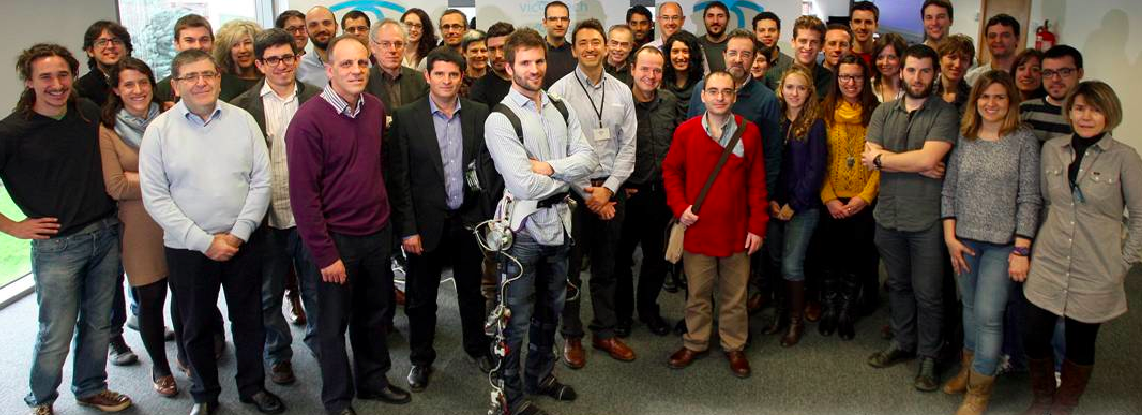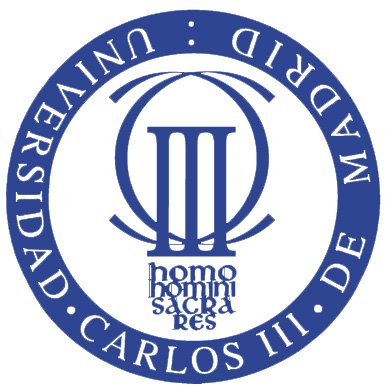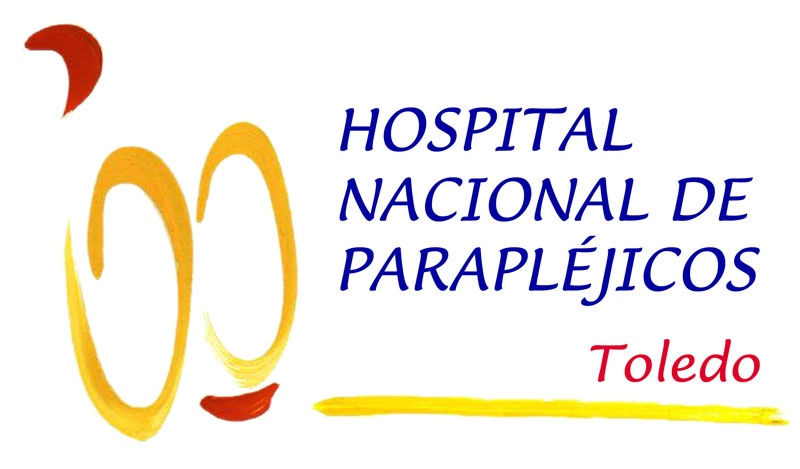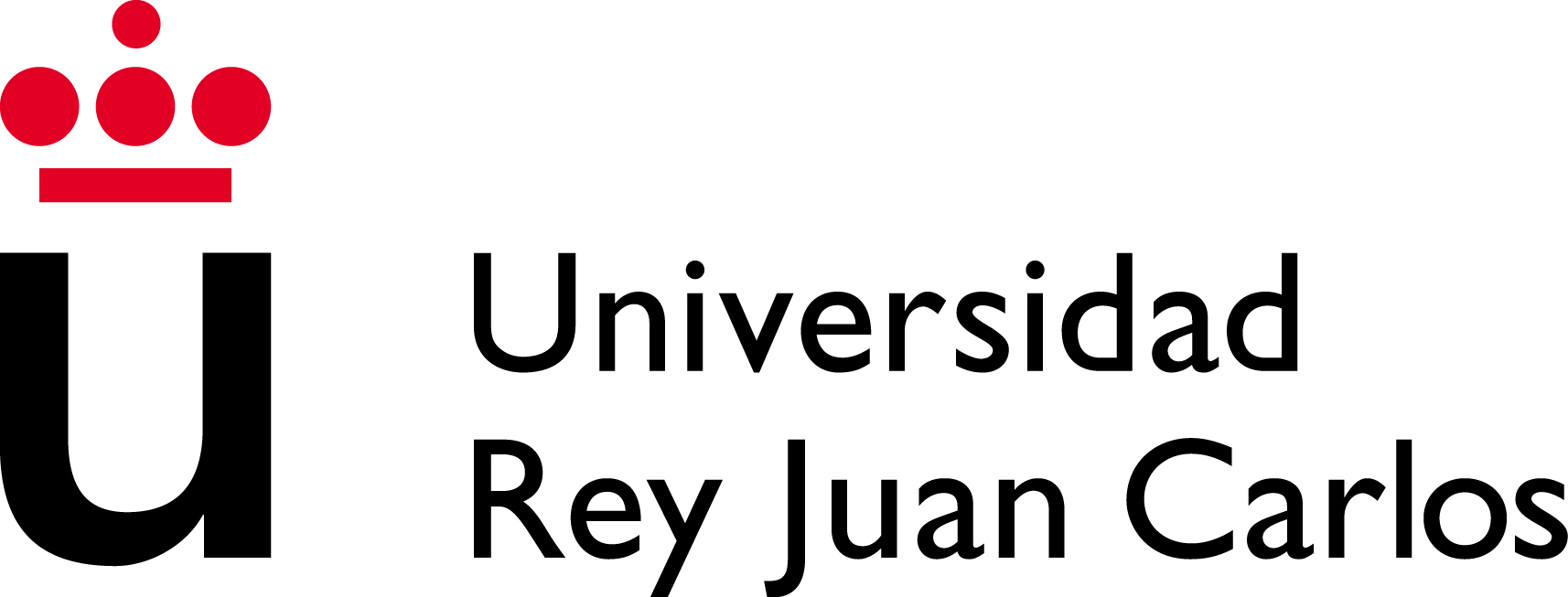Partners

CSIC is the largest public multidisciplinary research organisation in Spain. CSIC will be represented by the Bioengineering Group that has long term expertise in managing human-machine interaction, HMI (a basic element in MNP and NR devices for restoring physical impairment). In cognitive HMI, CSIC has particular expertise in algorithms for processing bioelectrical activity (EEG, EMG) and biomechanical information (IMUs). In the area of physical HMI, CSIC has developed several functional compensation systems (tremor, gait support, assistance to CP kids) based on robot-human interaction.CSIC's research group within HYPER will be coordinated by Prof. J.L. Pons.
IBEC develops multidisciplinary research of excellence, from basic research to medical applications, in the biomedical engineering field. IBEC focuses its activity on six research programmes related to cellular biotechnology; nano-bioengineering; biomechanics and cellular biophysics; biomaterials, implants and tissue engineering; signals and medical instrumentation; and robotics and biomedical imaging. IBEC was established in 2005 by the Government of Catalonia, the University of Barcelona (UB) and the Technical University of Catalonia (UPC). The research line in Robotics is focussed both on the area of rehabilitation and assistance, as well as on technological support to surgery. Its scientific research is mainly devoted to the study of strategies for human robot interaction in a natural way, as required in the medical field. From the application field perspective, the kind of interaction strategies relies on: assistance to teleoperation, research on natural communication ways, and research on perception based robot behaviours. IBEC’s research group within HYPER will be coordinated by Prof. A. Casals.
UniZar is a public University. Within HYPER project, UNIZAR will be represented by the Robotics Group of the Aragon Institute of Engineering Research. The Robotics group has long term expertise in Robotics, perception systems (in particular computer vision) and real-time systems. The group has contributed with relevant results in control of the motion of manipulator and mobile robots, in particular control models based on virtual mechanical structures and compliance controllers; in brain-machine interfaces, in particular oriented to brain-actuated wheelchair and mobile robots; and has developed a neuroprosthesis for humans, with non invasive methods (surface electrodes), as the main results closely retated to the current proposal. Members of the UNIZAR’s team participate in several national and European projects related to BNMI and Rehabilitation Engineering. UNIZAR’s research group within HYPER will be coordinated by Prof. Luis Montano (robotic and bioinspired control systems), and by Dr. J. Mínguez (BNMI and neuroprosthetics).
Within HYPER project UC3M will be represented by researchers from the Robotics Lab of the Department of Systems Engineering and Automation. The Robotics Lab group has long term expertise in Robotics and control systems. The group has contributed with outstanding results in motion planning and control manipulators and mobile robots. Members of the Robotics Lab have developed research projects related to various Rehabilitation Robotic Systems. Recently research has also been done in emerging actuator technologies such as actuator design using electro-active materials, bio-inspired EAP actuators design or IPCM actuators. Robotics Lab has particular expertise in algorithms for control systems. UC3M’s research group within HYPER will be coordinated by Dr. L. Moreno.
CIDETEC is a non-profit foundation that will be represented in HYPER by researchers from the Department of New Materials and the Energy Department. The Department of New Materials is one of the most active inside CIDETEC, with 128 concluded or in progress projects. The Group of Sensorics in CIDETEC has published several articles in peer review journals, is author of 8 patents related with sensorics and/or materials for sensorics, and has participated during the last 5 years in several contracts with industries. The Energy Department develops technologies related to low to medium power electrochemical energy storage. Currently, the research effort is focused into lithium-ion batteries and proton exchange membrane fuel cells. Recently research has also been done in other technologies such as ultra-capacitors, alkaline batteries, and zinc-air batteries. The research team is composed by a synergistic combination of chemists, electrochemists and engineers, so that the whole value chain of the technologies under research is covered. CIDETEC maintains a Cooperation Agreement with Cegasa, for the development of proprietary technology both in batteries and fuel cells. CIDETEC’s research group within HYPER will be coordinated by Dr. O. Miguel.
The Biorobotics Department in the Health and Quality of life unit of Fatronik-Tecnalia is a research group active in the fields of neuro-rehabilitation, ageing and disability. It includes research, development, prototyping and testing of novel rehabilitation systems and assessment tools including rehabilitation robotics for lower and upper extremities, balance and gait support systems, active orthoses, neuroprostheses based on functional electrical stimulation (FES), human movement analysis systems, new EMG and EEG technologies, and novel multimodal human-machine interfaces. The department is led by Dr. Thierry Keller and consists of 13 researchers with extensive international experience (8 researchers have a PhD and two are in the process of obtaining one). Research is carried out within a rich international and national network of collaborations with universities, research centres, rehabilitation institutes, and companies. Of special relevance for the HYPER project is the experience and expertise the department can offer in FES. The department head Dr. T. Keller is an internationally recognized expert in FES and is author or co-author of many relevant papers, book chapters and patents. Also of relevance for the HYPER project is work on EEG-controlled orthoses for rehabilitation after stroke. This work is hosted in the group of Prof. N. Birbaumer at the University of Tuebingen/Germany. FATRONIK’s research group within HYPER will be coordinated by Dr. T. Keller.
VICOMTech is an applied research centre for Interactive Computer Graphics and Multimedia. With about 60 applied investigation projects per year and about 50 researchers, it is in a key position to strengthen HYPER team. The Education, Leisure and e-Inclusion department of VICOMTech works on technologies very related with the project goals. In particular with virtual reality, simulation and validation stages of the project: Interaction through avatars (Multiplatform interfaces, Real-time facial and body animation, Emotional interaction: autonomous emotional animation of avatars, Autonomous behaviors, Authoring tools); and (2) Virtual worlds (Inclusion of avatars in virtual worlds, Interaction with virtual world contents and 3D objects, Knowledge of the virtual world: Collision avoiding, path-planning). VICOMTech’s research group within HYPER will be coordinated by Dr. J. Flórez.
Biomechanics and Technical Aids Department at National Hospital for Spinal Cord Injury. It is the largest hospital in Spain related to evaluation, diagnosis and treatment for spinal cord injury. From 1974, more than 11.000 patients have been treated and studied in this hospital. The Biomechanics and Technical Aids Department was created in 2004. The Department has gathered a vast knowledge-base on all aspects biomechanics in relation to gait analysis in spinal cord injury patients with incomplete injuries. The Department has a great expertise in evaluating technical aids such as specific cushions to avoid pressure ulcers using biomechanical tool (pressure mapping in the interface between user and cushion), wheelchairs and active orthoses. Another topic of interest is virtual reality for upper limb motor rehabilitation. All activities related to HYPER will be coordinated by Dr. Ángel Gil Agudo.
Laboratory included in the Faculty of Sciences of the Health, from University “Rey Juan Carlos”, a public university in Madrid (Spain). The Laboratory is included in the Official Network of Laboratories from Madrid. It is also a centre of higher education with degrees in Medicine, Physical therapy and Occupational therapy amongst others. It also offers postgraduate degrees, both MSc and PhD. LAMBECOM’s main interest is in the clinical evaluation of disorders of the gait and movement. LAMBECOM performs its activities in close cooperation with local hospitals and Rehabilitation centres, e.g. Hospital Universitario Fundación Alcorcón. Close to the Service of Nerurology, it is qualified for the diagnosis and evaluation of problems of the balance and gait. The team consist in Neurologists, Physical medicine and rehabilitation doctors, Physiotherapists. All of them with clinical experience in CVA and CP. LAMBECOM’s research group within HYPER will be coordinated by Prof. J.C. Miangolarra.








